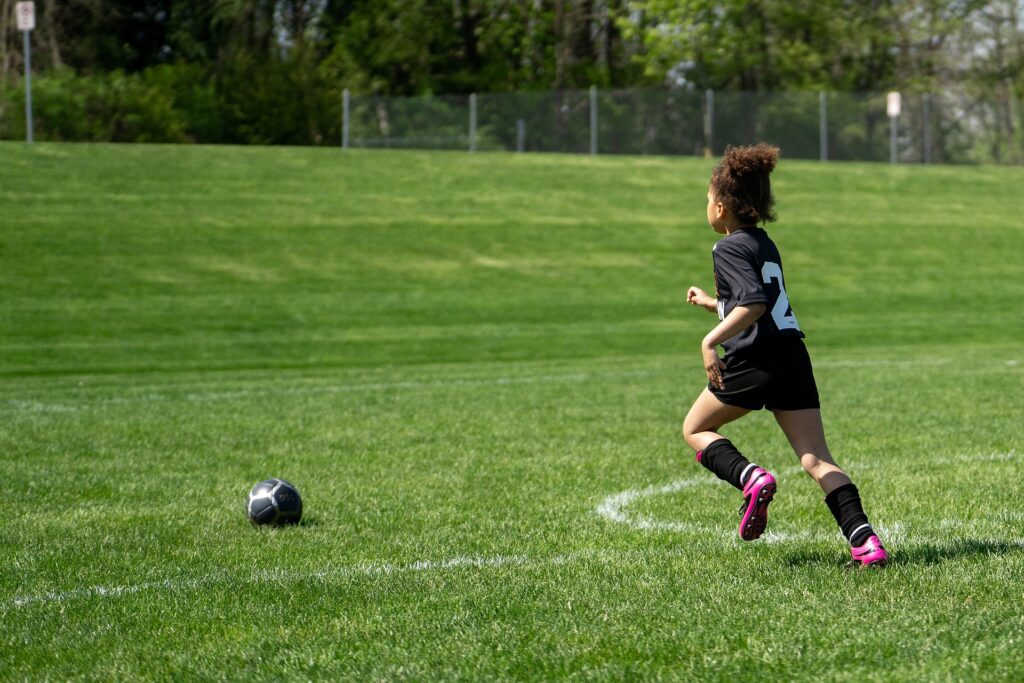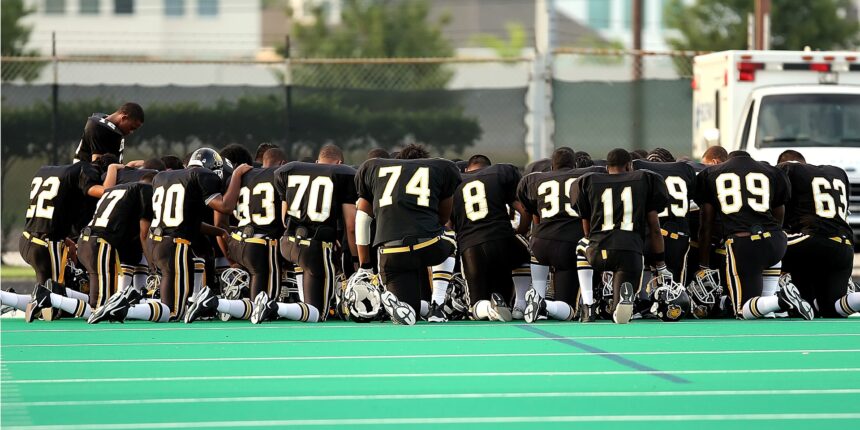When you think of footballing prowess, innovation, and a rich history, the Netherlands national football team immediately springs to mind. Known for their iconic orange jerseys, the team has not only established itself as a powerhouse in international football but has also crafted a captivating narrative that resonates deeply with fans across the globe. From their revolutionary tactics to their near-misses in World Cups, the legacy of this team is a journey filled with passion, creativity, and unforgettable moments.
The Origins of Dutch Football
Early Beginnings
The roots of the Netherlands national football team trace back to 1905, when the team played its first official match. The Royal Dutch Football Association (KNVB) was founded in 1889, but it wasn’t until 1905 that the national team began to take shape. Their debut match against Belgium marked the start of a journey that would see them evolve into one of the most respected teams in international football.
The Rise of the Team
In those early years, the team struggled to establish itself on the international stage, often competing against stronger footballing nations. However, this period laid the foundation for what was to come. The development of local leagues and clubs across the Netherlands helped nurture talent, gradually leading to the formation of a competitive national squad.
Iconic Matches and Milestones
World Cup Dreams
The Netherlands has participated in eleven FIFA World Cups, with notable appearances in 1974, 1978, and 2010. Each of these tournaments brought with it high hopes and the agony of near-misses.
The 1974 World Cup: A New Era
The 1974 World Cup in West Germany marked a significant turning point for the Netherlands national football team. Under the visionary guidance of coach Rinus Michels, the Dutch introduced the revolutionary concept of Total Football. Players like Johan Cruyff, who became the face of this era, played a pivotal role in showcasing this fluid style of play. The Dutch team captivated audiences worldwide with their skillful, coordinated attacks and defensive strategies.
Despite their loss to West Germany in the final, the team’s performance was lauded and left a lasting legacy that influenced football tactics for generations. The match itself was not just a game; it was a spectacle that showcased the beauty of the sport.
The 1978 World Cup: A Second Chance
Four years later, the Dutch returned to the finals, this time facing Argentina. The tournament was marked by dramatic moments and intense rivalries. The final match, held in Buenos Aires, ended in heartbreak for the Dutch as they lost 3-1 after extra time. This defeat further cemented their reputation as the “nearly men” of football, as they continued to come so close yet fell short of ultimate glory.
European Glory
The pinnacle of success for the Netherlands national football team came in 1988 when they clinched the UEFA European Championship in West Germany. This tournament is often regarded as one of the greatest achievements in Dutch football history.
The Road to Victory
Led by a formidable squad including Marco van Basten, Ruud Gullit, and Frank Rijkaard, the team displayed a masterclass in football. The final against the Soviet Union was nothing short of spectacular, with van Basten’s iconic volley becoming one of the most celebrated goals in football history. Their 2-0 victory not only earned them the trophy but also solidified their place in the hearts of football fans around the world.
The Philosophy of Total Football
Understanding Total Football
Total Football is more than just a tactic; it represents a philosophy that encourages players to be versatile, dynamic, and responsive. The essence of this style is that any player can take on any role at any time, promoting fluidity and teamwork. This approach not only enhances the gameplay but also makes the team less predictable to opponents.
Key Figures in Dutch Football
Johan Cruyff: The Visionary
Johan Cruyff is arguably the most influential figure in Dutch football history. His impact transcended his playing career, as he later became a successful coach and an architect of modern football tactics. Cruyff’s playing style embodied the principles of Total Football, characterized by technical skill, intelligence, and creativity. He was not just a player; he was a football philosopher whose ideas shaped the future of the game.
Rinus Michels: The Architect
Rinus Michels, often referred to as the father of Total Football, played a crucial role in developing the Dutch style of play. Under his guidance, the national team adopted a tactical approach that emphasized teamwork and positional interchange. His work laid the foundation for future generations, influencing clubs and national teams around the world.

Rivalries and Their Significance
Fierce Rivalries
Football rivalries are a core aspect of the sport, and the Netherlands national football team has its share of fierce contests, particularly against Germany and Belgium.
The Dutch-German Rivalry
The rivalry with Germany is one of the most intense in football history, rooted in historical and cultural tensions. Matches between these two nations are often charged with emotion, producing unforgettable moments. The significance of these encounters goes beyond mere competition; they reflect deep-seated national pride and identity.
The Battle of the Low Countries
Matches against Belgium are always highly anticipated. Known as the “Battle of the Low Countries,” these games highlight the geographical and cultural connections between the two nations. The fierce competition adds an extra layer of excitement, with fans passionately supporting their teams.
Home Grounds and Fan Culture
Iconic Stadiums
The Netherlands national football team plays its home matches in several prestigious stadiums, including the Johan Cruyff Arena in Amsterdam, De Kuip in Rotterdam, Philips Stadion in Eindhoven, and De Grolsch Veste in Enschede. Each venue offers a unique atmosphere, with passionate fans creating an electric environment that enhances the matchday experience.
Het Oranje Legioen: The Fans
The unwavering support of fans, known as Het Oranje Legioen, plays a crucial role in the team’s identity. These fans are known for their vibrant displays, colorful attire, and unyielding loyalty, whether in victory or defeat. The connection between the team and its supporters fosters a sense of community and pride, making every match a collective experience.
Recent Developments and Future Prospects
The Path Forward
As the team looks to the future, the focus remains on nurturing young talent and adhering to the principles of Total Football. The Dutch footballing system is known for its emphasis on youth development, with academies producing players who can seamlessly transition to the national stage.
Emerging Stars
The future of the Netherlands national football team looks promising, with emerging stars like Frenkie de Jong and Matthijs de Ligt showcasing their skills on the international stage. These players embody the spirit of Dutch football, carrying forward the legacy of innovation and excellence.
Conclusion
The legacy of the Netherlands national football team is a story of triumph, heartbreak, and an unwavering spirit. Their innovative tactics, rich history, and passionate fan base have left an enduring mark on the football world. As we look forward to the next chapter in this fascinating journey, one thing is certain: the Dutch will continue to inspire future generations with their commitment to beautiful football.
FAQs
1. What is the significance of the orange jersey for the Netherlands national football team?
The orange jersey represents the House of Orange-Nassau, symbolizing Dutch national pride and identity.
2. How many times has the Netherlands participated in the FIFA World Cup?
The Netherlands has participated in eleven FIFA World Cups, reaching the finals three times.
3. Who is considered the most influential player in Dutch football history?
Johan Cruyff is widely regarded as the most influential player, known for his revolutionary contributions to football tactics and philosophy.
4. What was the outcome of the Netherlands’ participation in the UEFA Euro 1988?
The Netherlands won the tournament, defeating the Soviet Union in the final, and solidified their status as a footballing powerhouse.
5. What is Total Football?
Total Football is a tactical approach that encourages players to interchange positions fluidly, emphasizing teamwork and versatility, and revolutionized the way the game is played.







